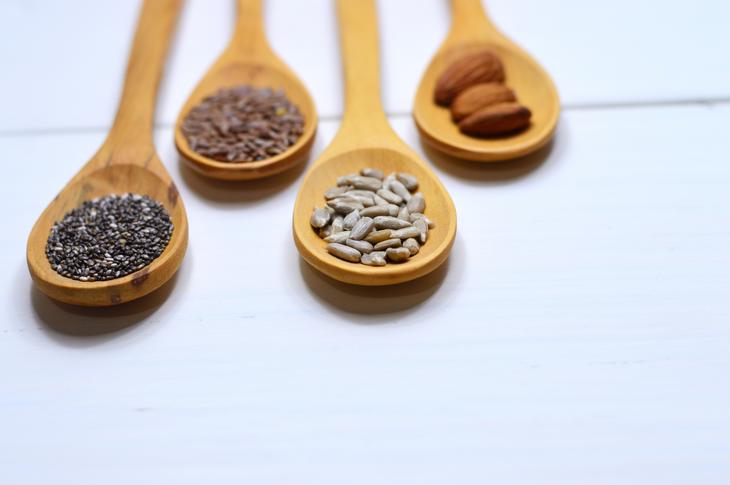
Option 3B
Develop value-chains for local crops, varieties and evolutionary populations with specific adaptation, nutritional value, uses or other benefits.
Developing value-chains for local crops, varieties and populations may be a way of creating incentives for farmers and their market partners to continue or expand their joint efforts to conserve and use PGRFA, also with a view to income generation and employment in rural areas. Women and men may be involved in different steps of value chains or focus their activities on different crops or products; it may thus be useful to assess how women and men can benefit from any planned activities.
Value-chain development is based on cooperation among various actors, including farmers, plant breeders, food processors, chefs and hoteliers, retailers, and consumers. In the case of traditional or rarely used PGRFA, it may involve research and/or pilot activities to develop the necessary expertise at all levels of the chain and to communicate the advantages and specific quality of products to consumers. Public policies and programs can support such activities, e.g. by offering research funds or starting capital, facilitating networking opportunities, or by removing obstacles. Women and men may be involved in different steps of value-chain activities; implementing organizations may thus want to carefully consider how women and men can equally benefit from value-chain development initiatives.
Important factors for developing value-chains for local PGRFA and farmer varieties include, for example, legal possibilities to produce and distribute seed or planting material of the relevant varieties, and secure market access for the products produced.
Example(s) of possible measures
- Seal of Origin programme (Chile/Latin America and the Caribbean). Click here
- Creation of a micro value-chain for a local variety of rye, the “Iermana” (Italy/Europe). Click here
- Solidarity-based approach to agricultural development (Morocco/Africa). Click here
- Heirloom Rice Project (Philippines/Asia). Click here